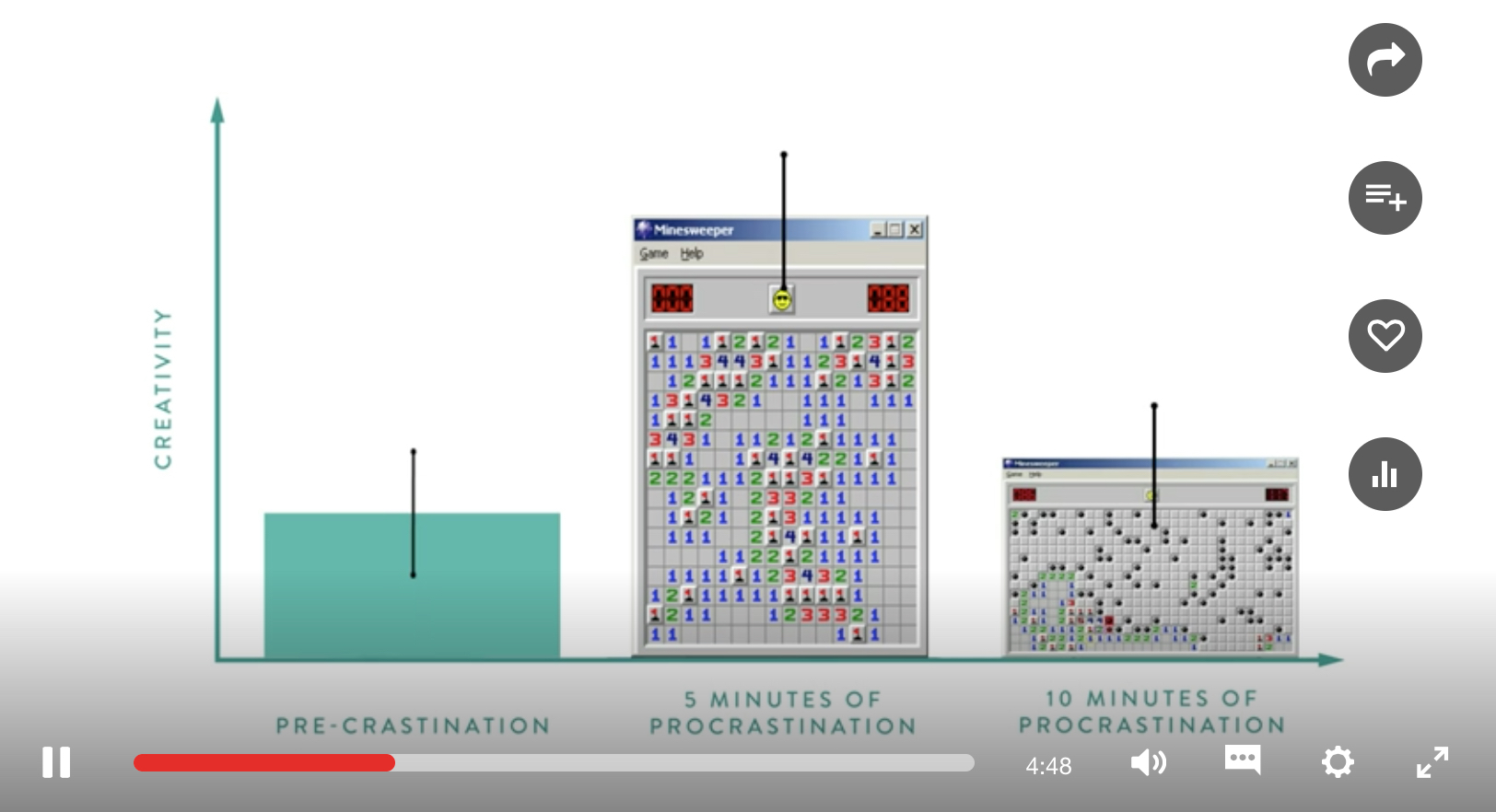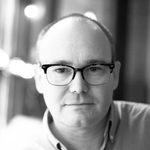Founder Lesson
Startups are creative exercises. This is true because the path to creating a tool/brand/mission to solve a problem isn't known. If it were known/correct/big, it would already exist.
If you've ever done much long-form writing, it's like that. The basics of your story are in your head (eg a new college graduate moves to NYC and learns about life by working in a coffeehouse). This is exactly like the new founder who says "I think I can disrupt Uber by letting people rent out their own cars for people to drive." This is a fine notion (especially if you can't stop thinking about this problem), but for whatever notion you have you have to assume that hundreds of capable people have had the same idea over the past few years. So there's some (or many) non-obvious reasons why this idea hasn't gotten big yet...and it's definitely not because capable people haven't had the idea or tried it.
So - like like your story about a new college grad who gains life lessons working in a NYC coffeehouse - you have the narrative arc, but that's only 5% of a great story (or a great startup).
The real magic is how you fill in the details.
With this in mind, how do founders get into a creative mindset as they are stepping through creating a viable startup?
In 2016 a great book on this topic came out called Originals: How Non-Conformists Move the World. The author summarizes his book here in a very popular TED talk.
What caught my attention in this podcast was the characteristic of original thinkers to procrastinate.
In this podcast the author of Originals says that people fall into a few buckets in regards to procrastination...
People who wait until the last minute. Not many new ideas because there just isn't enough time to form them. These are true (bad) procrastinators.
Pre-crastinators. These are folks who worry about something way ahead of time. This group has so much anxiety that they don't have many new ideas either.
Moderate procrastinators. Research shows that this group has the most creative ideas about a topic.

(from TED video on this topic)
The main point here is that "moderate procrastination gives your brain the chance to incubate new ideas...to think in non-linear ways...to make unexpected leaps."
A powerful example used by the author is the I Have a Dream speech by Martin Luther King. He was up writing his final draft until 3 am the night before, but even when he walked onto the stage he didn't have that line in his speech. Because he didn't finalize the task until the last minute, he left himself open for creativity.
Originals are quick to start and slow to finish.
Every founder is different just like every person is different, but if you struggle with the topic of procrastination as a founder I'd re-examine the topic in this light.
Sidenote: Here's another great TED talk on procrastination.
And if you are interested in a related topic, here are all my blog posts tagged “psychological frictions in startups."
Get Right to the Lesson
I’d recommend listening to the entire thing, but to get right to the point go to minute 2:56 of this podcast.
![]()
Thanks to these folks for helping us all learn faster
Adam Grant (@AdamMGrant)
a16z (@a16z)
Sonal Chokshi (@smc90)
Please let me and others know what you think about this topic
Email me privately at dave@switchyards.com or let's discuss publicly at @davempayne.
The best startup advice from experienced founders...one real-world lesson at a time.
